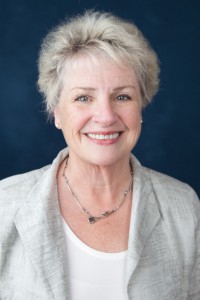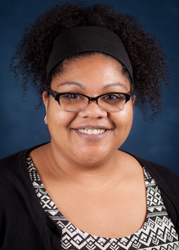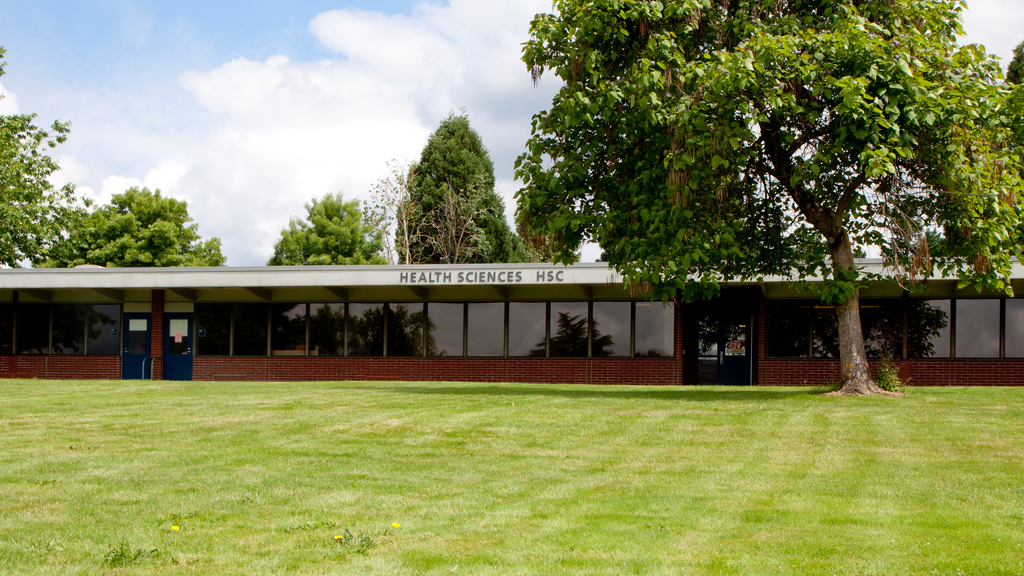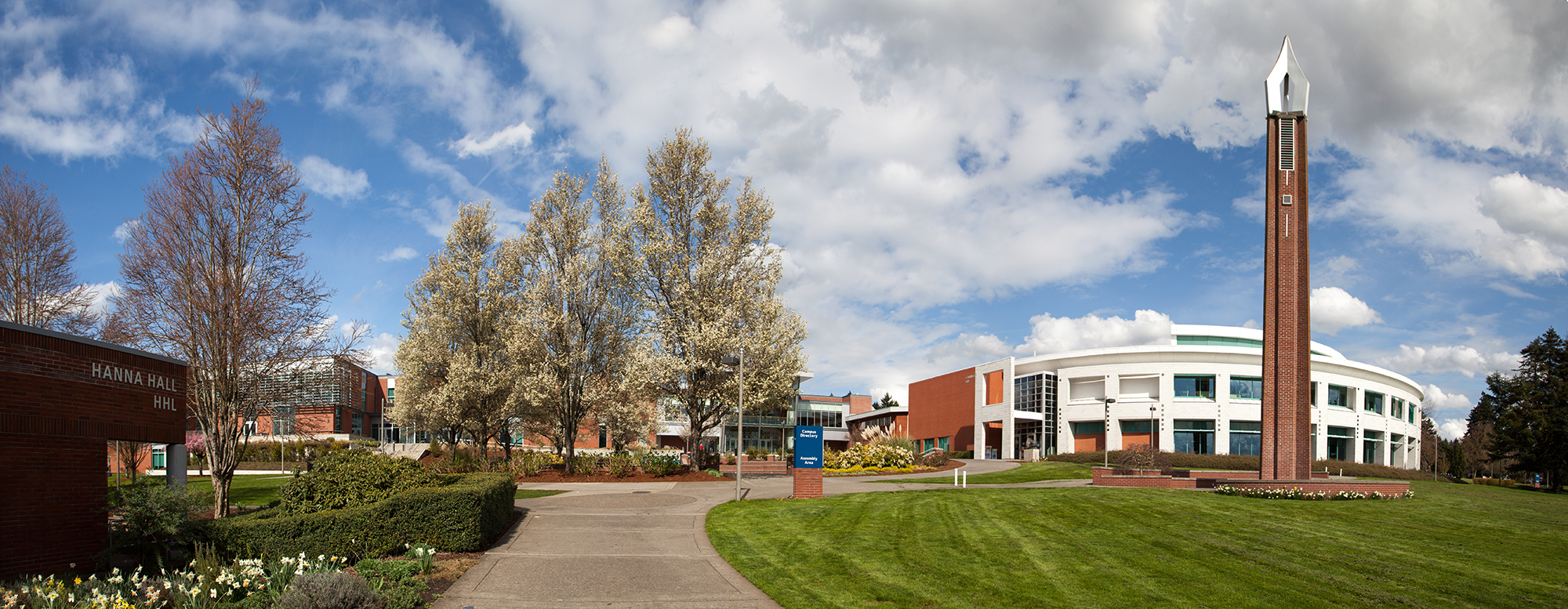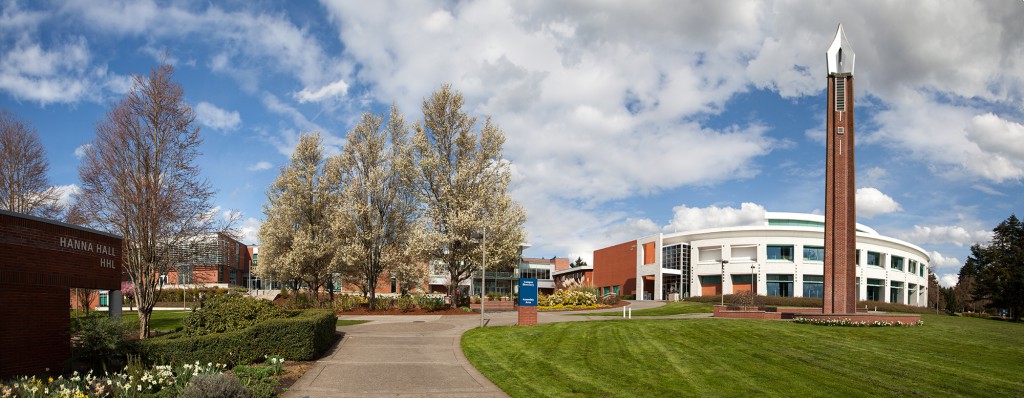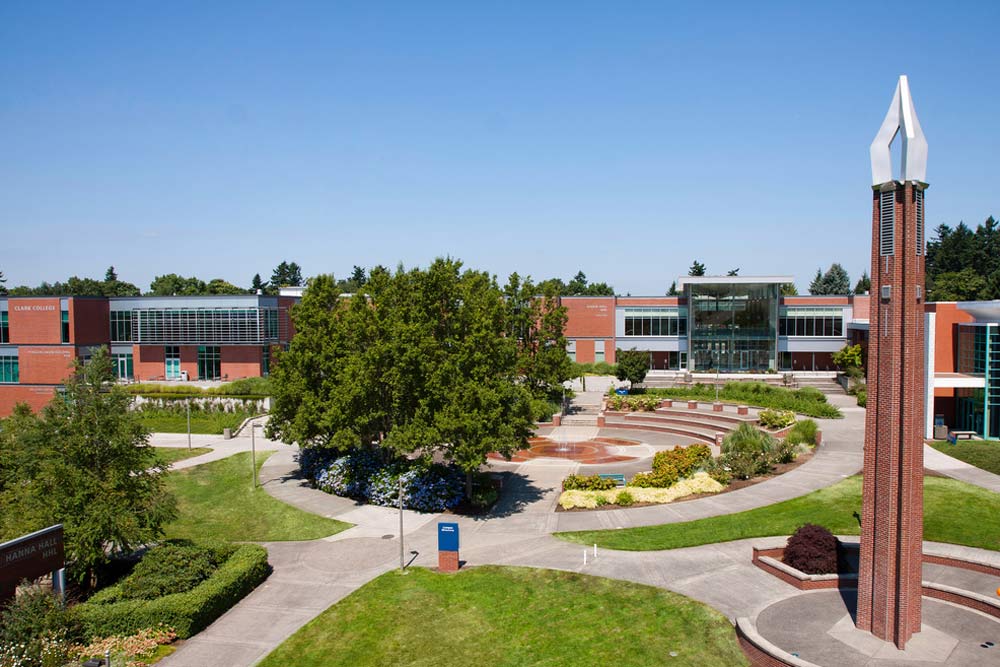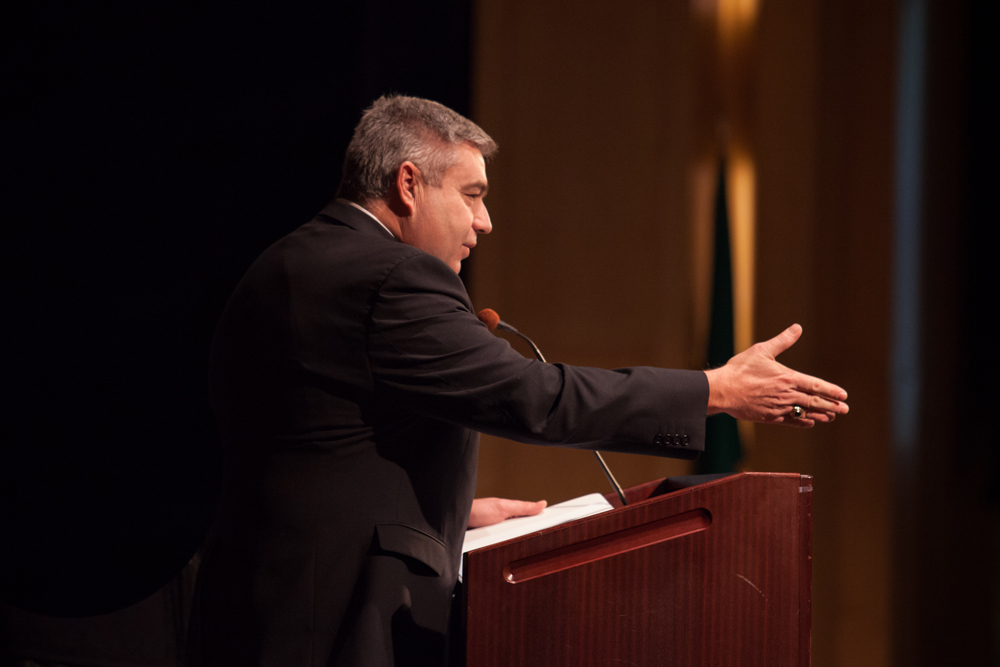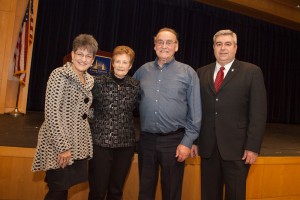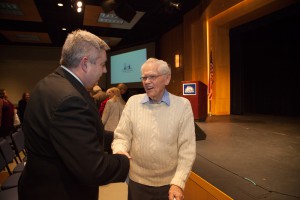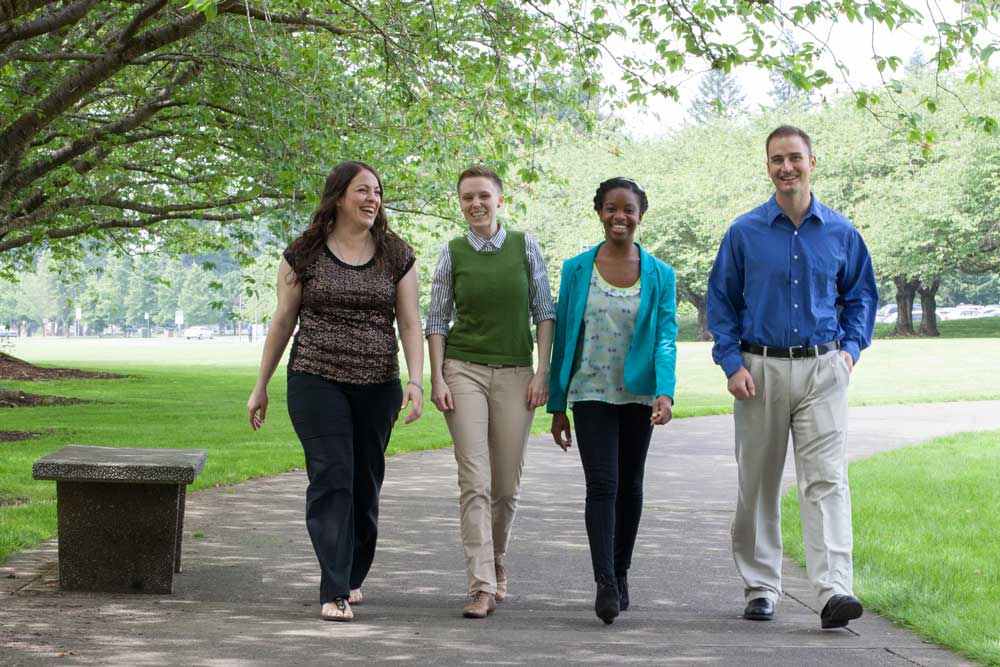
With their low tuition rates and open-door enrollment policies, community colleges have long been a way for students of all socioeconomic backgrounds to pursue higher education and career advancement. However, students experiencing poverty often face challenges that go beyond paying for school. Financial hardship can turn anything from transportation to Internet access into a potential obstacle that could derail a student’s plans.
That’s why Clark College recently hired four new Resource Coaches to help students remain successful and supported all the way through their educational journey. The coaches were hired through a Working Families Success Network grant announced earlier this year, with supplementation from a grant from the Community Foundation of Southwest Washington, and are part of a collegewide effort to improve Clark’s support and understanding of students in poverty.
“We want these coaches to be a resource not just for our students, but for our employees as well,” said Associate Director of Workforce Education Services Armetta Burney. “Our hope is that, when staff or faculty encounter a student who seems to be overwhelmed by poverty-related challenges, they’ll know that they can refer the student to one of our coaches for help.”
According to most-recent data, almost half of Clark’s students are low-income, and almost three-quarters of them are first-generation students. These students may lack stable housing or a quiet place to study. They may have difficulty affording basic school supplies, or child care, or transportation to and from school. Additionally, college can feel very lonely for these students. Because they’re the first to attend college, they may not feel like they can turn to their family or friends for support or advice; meanwhile, they may feel alienated from classmates and faculty who don’t understand the unique challenges they face.
These four new Resource Coaches are meant to change that dynamic. Now, when a student is making the transition from basic education courses to credit-bearing college ones, they’ll have support from a Transitional Studies Coach during the process. When they’re struggling to afford housing or food, the Workforce Education Services Coach can help them apply for public benefits and connect with community organizations. If college becomes overwhelming and their grades begin to slip, the Retention and Career Coach can help them get back on track. And if they find their finances stretched thin, the Financial Literacy Coach can help them set up a budget and figure out strategies to make the most out of their financial resources.
While many of these services have been available at the college in different forms, the coaches add a personal relationship that can help keep at-risk students from slipping through the cracks.
“We almost never talk to a student just once,” explains Transitional Studies Coach Nicole Hopkins. “After we meet with a student, we call them back. And I will call them again and again if I have to: ‘Hey, how are you doing? Are you working on that plan we figured out for you?’ I am happy to walk students across the street to someone’s office if I think they need more help after our meeting.”
Additionally, the Resource Coaches serve as advocates to the rest of the college, sharing their students’ perspectives and working to make Clark a more inclusive environment. They offer workshops to Clark faculty and staff on how to communicate with students experiencing poverty, including one held during the college’s first-ever Teaching and Learning Days in August. The additional grant from the Community Foundation of Southwest Washington funds the Financial Literacy Coach’s work teaching workshops on financial resources and skills to students in order to help break the cycle of intergenerational poverty.
“We want to help remove the stigma and misperceptions about poverty, both here at Clark and within our broader community,” says Director of Career Services Edie Blakley. “We see it as part of the college’s role as a learning institution.”
Meet the Coaches
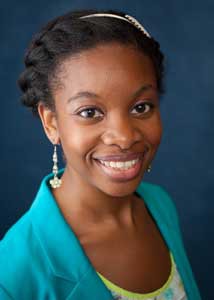 Nicole, Transitional Studies Coach
Nicole, Transitional Studies Coach
Nicole works with students enrolled in Clark’s Transitional Studies program–which includes English as a Second Language, Adult High School Diploma, and GED Preparation–as they transfer into credit-bearing courses at the college. When students come in to meet her, she helps them assess which resources they have, and which they lack, to succeed at Clark. She discusses their personal and educational goals and helps them identify potential barriers, connecting them to resources that might help diminish those barriers. Often she guides them through options like I-BEST and Learning Communities that could help them enter college successfully. And she helps them with college logistics like testing and registration.
Nicole calls her job “exciting and inspiring,” adding, “each one of us has our own story, and it is my privilege to be a part of someone’s story. I get the opportunity to help students move past the barriers on their journey toward success and the best part is, I get to celebrate with them as they reach each goal.”
Contact: TBG 209; M-F 8 a.m. – 4:30 p.m.; nhopkins@clark.edu
 Angelica, Workforce Education Services Coach
Angelica, Workforce Education Services Coach
Angelica works primarily with students enrolled in Workforce Education programs, which help low-income and unemployed individuals earn vocational/technical degrees and certificates. She helps guide these students through college processes, from applying for financial aid to setting up their student email. With years of experience working with people experiencing poverty, she can help connect students to support services both inside and outside the college so they can focus on their education.
“My position excites me because I am able to provide information to students about resources that they may not have been aware of,” Angelica says. “I love to see students grow and develop into professionals as they complete their degrees at Clark. I have been able to build lasting relationships with students that go beyond degree attainment.”
Contact: GHL 128; T 9 a.m. – 5 p.m., W 9 a.m. – 2 p.m., Th 9 a.m. – 1:30 p.m.; WESCoach@clark.edu
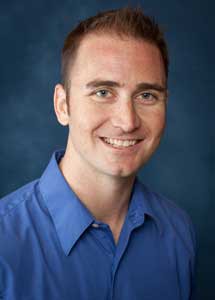 Craig, Financial Literacy Coach
Craig, Financial Literacy Coach
Attending college brings with it a whole slew of financial challenges. For a person who’s used to living paycheck to paycheck, receiving a quarter’s worth of financial aid at one time can be difficult to manage. Books, fees, and equipment can cost hundreds of dollars. Craig’s job is to help students manage their budgets and avoid common pitfalls. He helps them check their credit scores and shop for the best bank or credit card to fit their needs. He works with them to develop plans to work through any debt or financial challenges they currently have, as well as long-term plans to help them create a solid financial foundation from which to build. Additionally, Craig regularly holds workshops on financial literacy through the Career Center and the Library.
“I enjoy helping students understand how to make money work for them, thereby bringing them closer to attaining their dreams,” he says.
Contact: PUB 002; M-F 9 a.m. – 5 p.m.; cebersole@clark.edu
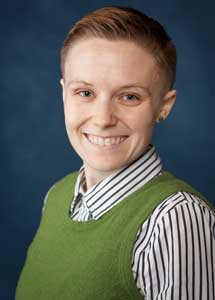 Alex, Retention & Career Coach
Alex, Retention & Career Coach
Most students come to Alex for one of two reasons: Either they’re not sure where they want to go, or they’ve hit a stumbling block on the road to get there. Alex helps students explore careers and academic fields that fit their skills and interests, and then create a plan to reach their chosen goal. Additionally, she helps students whose grades have triggered an Academic Early Warning, helping them take the steps they need to get their grades back on track without jeopardizing their financial aid. She takes a holistic look at their lives, helping connect them with services that can help them with not just their academic challenges but their personal ones as well.
“I think being a former Clark student myself helps me understand what these students are going through,” says Alex, who earned her associate degree in 2009 before transferring to Portland State University for her bachelor’s. “What excites me about this position is the opportunity to support students in accessing and using relevant campus and community resources, help prioritize their success and set strong, personalized goals, and ultimately tie these skills to their future career goals.”
Contact: HSC 124; T & W 9 a.m. – 4 p.m., Th 9 a.m. – 2 p.m.; amartin@clark.edu
Photos: Clark College/Jenny Shadley
